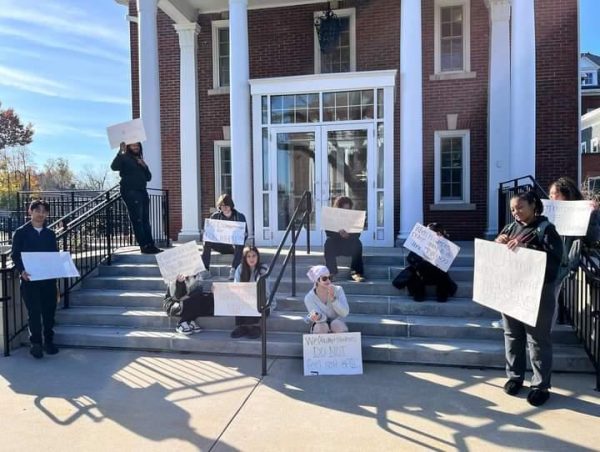Question 4 passes, legalizing Marijuana in Mass.
November 12, 2016
Although it was expected to be a close race, the legalization of recreational use of Marijuana won by a large margin in Massachusetts as one of the ballot questions posed on November 8.
According to POLITICO, the Massachusetts Marijuana Legalization Initiative passed 53.56 percent to 46.44 percent to create the Cannabis Control Commission to oversee regulation. The initiative specifically allows individuals 21 and older will be able to the drug, grow up to six plants in a home, and possess up to ten ounces in residences and up to an ounce in public. Transferring marijuana to someone under 21 is illegal.
Many throughout the state see this law as a victory. Marijuana will be able to be used not only as treatment, but now, for enjoyment and relaxation without fear of getting into legal trouble. Many also believe that a huge new industry will grow, bringing in revenue and tax earnings for the state.
As stated in the ballot question summary, the law will not have an impact on current laws regarding operating motor vehicles under the influence, as well as several others. Property owners can still have authority of whether it is used, sold, or produced on their premises or not. However, landlords can prohibit smoking but not other means of consumption. The law would also “permit employers to prohibit the consumption of marijuana by employees in the workplace… [and] state and local governments could continue to restrict uses in public buildings or at or near schools.”
As far as AIC students are considered, many will obviously have the ability to use marijuana, if they choose, during free time off of campus. The campus itself remains a drug-free zone, according to Associate Dean of Students for Residence Life and Conduct, Matthew Scott.
“Marijuana will still remain against campus policy which means marijuana cannot be possessed or used in any form anywhere on campus (inside or outside of the buildings),” Scott informed The Yellow Jacket. “We will be sending out a communication to all students and posting flyers around campus to make sure the students understand that our policy has not changed.”
Though the ability to use, possess and grow will be in effect on December 15, 2016, businesses intending to sell marijuana or related accessories will not be open until 2018. Already-licensed medical marijuana treatment centers will be able to sell for retail sooner.
California, Nevada, and Maine also passed legislation to legalize recreational use, joining Colorado and Washington. 25 states in total have legislation for medical marijuana use.
While many studies still need to be conducted, results have shown marijuana has positive effects as alternative therapy for those suffering certain health issues. This includes brain disorders, such as schizophrenia and Tourette’s syndrome, chronic pain, epilepsy, and digestive disorders, according to WebMD. The Washington Post, has also reported on a new study published by the American Journal of Public Health that “in states with medical marijuana laws, fewer individuals are using opioids”.
Although the long-term consequences of legalization is unclear, what is clear is that Massachusetts voters are ready to give marijuana industry a chance.













